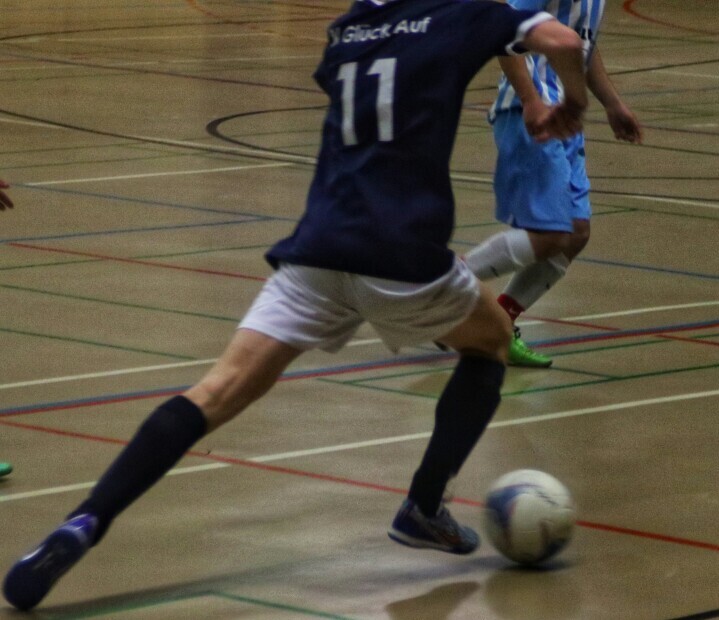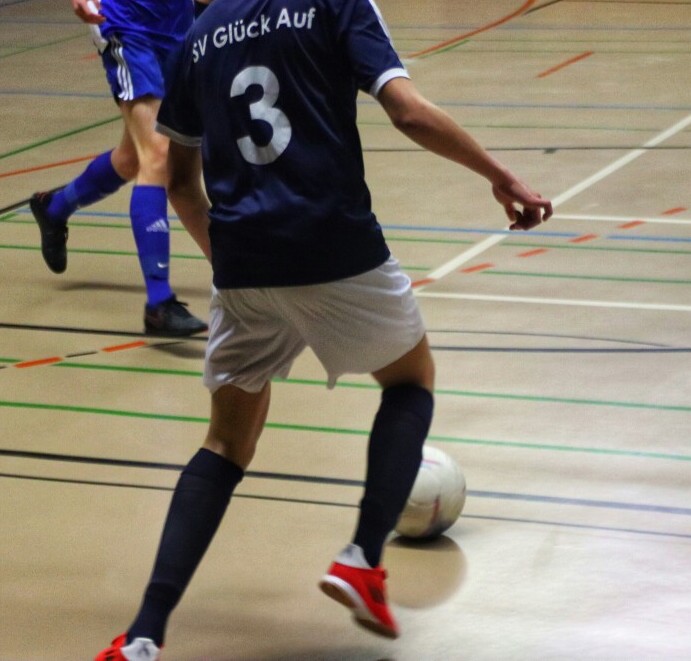
When it comes to soccer, mastering the basics is key. Dribbling, passing, shooting, and defending form the backbone of a player’s skill set. Figuring out these techniques is like learning your ABCs. Each move might seem simple on its own, but together they form the foundation you need to build your game.
Footwork and balance aren’t just for ballet dancers. On the soccer field, having solid footwork can mean the difference between holding your ground and being caught off guard. Taking time to practice consistent movements will pay off during those crucial match moments.
Knowing what you’re good at and where you could use some work is gold. Whether you naturally excel at dribbling past defenders or tend to freeze under pressure, identifying your skill level helps you focus on specific areas for improvement, making training more effective and personalized.
Jumping into specific drills can take those basics from good to great. Practice your dribbling through cones or your passing with a wall as your partner. It might not sound glamorous, but these exercises build muscle memory and confidence. Develop a routine that turns these basic drills into second nature, and watch how your skills evolve.
Game Intelligence: Enhancing Tactical Awareness

Tactical awareness in soccer means knowing not just what’s happening now, but predicting what might happen next. This idea of anticipation is your secret weapon during any match. Players who can read the game well put themselves in the right place at the right time.
Being aware of your surroundings on the field is invaluable. You can’t operate in isolation, so get used to scanning the field, identifying open spaces, and understanding where the ball might go next. This skill is like having eyes both on the back of your head and on the ball.
Communication is everything in a team sport. Sure, individual skill shines, but effective teamwork hinges on clear calls and an understanding among teammates. Developing a habit of quick, concise communication can help avoid misunderstandings and aid in quick decision-making processes.
Taking some time to watch professional matches with a new perspective is a game-changer. Instead of just admiring a great play, analyze what led to that moment. Notice how teams move as a unit, how they set up elaborate plays, and how they quickly adapt to the opposition’s tactics.
Physical and Mental Conditioning: Preparing Like an Athlete
Being in top physical shape is essential for any soccer player. Cardiovascular fitness and strength training are the bedrocks of a strong performance, giving you the stamina to keep going strong from the first whistle to the last.
What you eat and how much you hydrate play a massive role in how you perform. Think of your body like a high-performance car—fuel it right, and it’ll run smoothly. Balanced meals and plenty of water can give you the energy and endurance you need on the pitch.
Mental toughness can make an ordinary player extraordinary. Sometimes nerves or anxiety can hit at the worst times. Learning to manage stress, stay focused, and remain confident under pressure will set you apart when the stakes are high.
Rest shouldn’t be underestimated. It’s tempting to push your limits endlessly, but your body needs time to recover and grow. Incorporating proper rest and recovery, like sleep and stretching, ensures you’re ready to stay on top of your game while minimizing injury risks.
Advanced Techniques and Style Development
Taking your soccer skills to the next level involves diving into more advanced techniques. It’s time to finesse those dribbling skills, getting comfortable with the ball even when defenders are all around you. Tight ball control and creative footwork have become necessities as defenses grow ever more sophisticated.
Special moves can differentiate you from other players. Whether it’s honing your free kick technique, mastering penalty kicks, or perfecting headers, these focuses on set pieces multiply your game impact. Becoming the go-to player for those moments when the team needs a clutch play can change everything.
Having a versatile playing style pays dividends. We’ve all seen matches change tactics on the fly, requiring players to adjust quickly. Being adaptable lets you fit into any team strategy seamlessly, turning you into a cornerstone around which plays revolve.
Resources for continuous learning abound if you know where to look. There are skill clinics, local soccer mentors, and a ton of online resources that can offer fresh perspectives and skills you might not have considered. A commitment to lifelong learning in soccer ensures you never stop growing as an athlete.
